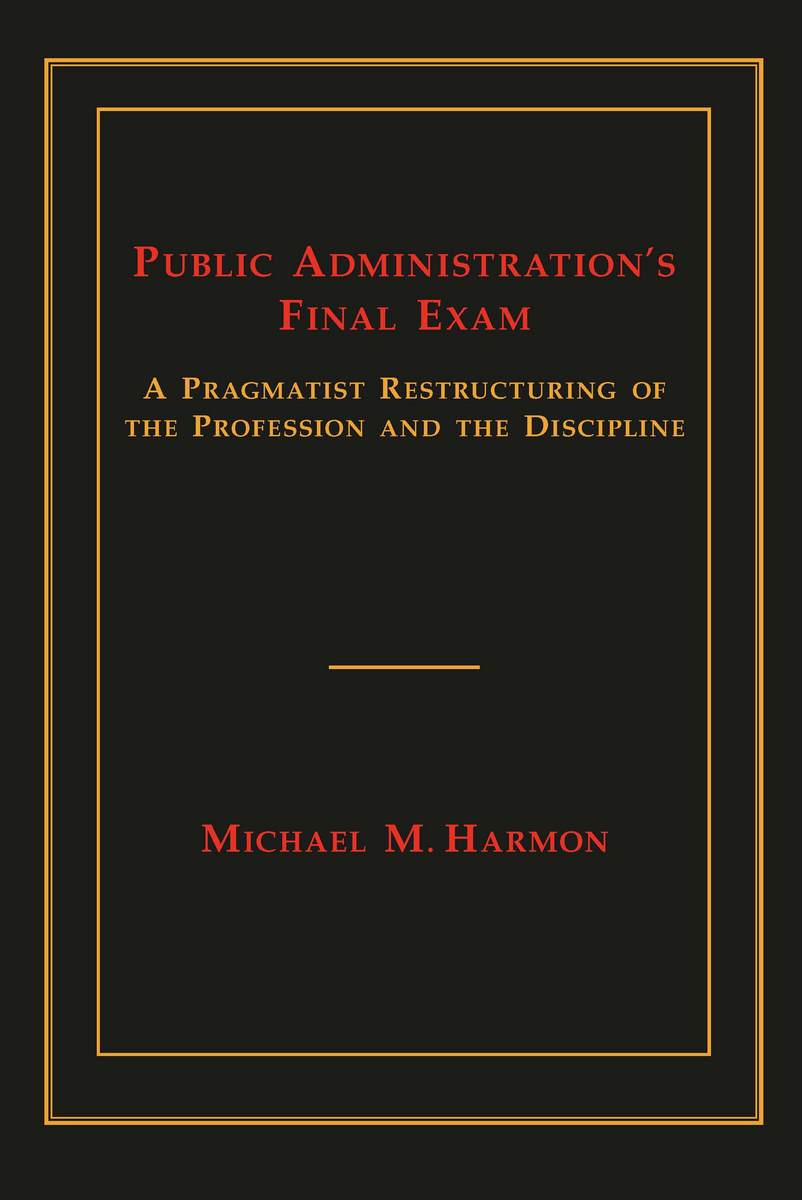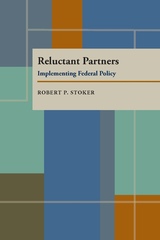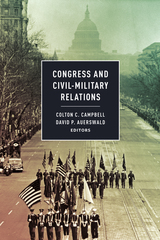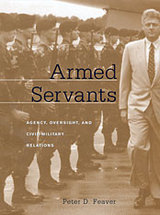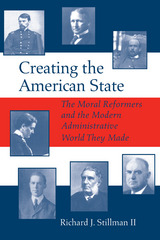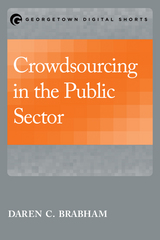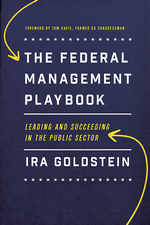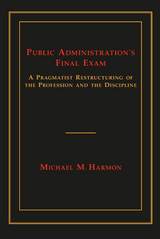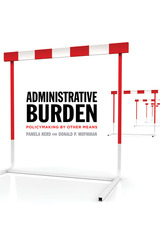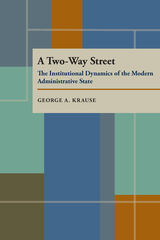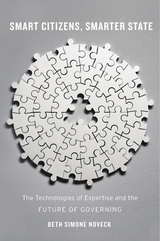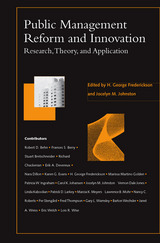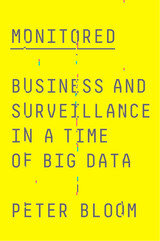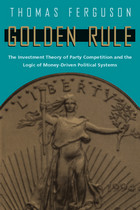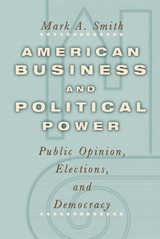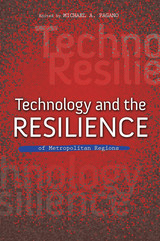Public Administration's Final Exam: A Pragmatist Restructuring of the Profession and the Discipline
University of Alabama Press, 2006
eISBN: 978-0-8173-8135-6 | Cloth: 978-0-8173-1539-9 | Paper: 978-0-8173-5870-9
Library of Congress Classification JK421.H295 2006
Dewey Decimal Classification 351.73
eISBN: 978-0-8173-8135-6 | Cloth: 978-0-8173-1539-9 | Paper: 978-0-8173-5870-9
Library of Congress Classification JK421.H295 2006
Dewey Decimal Classification 351.73
ABOUT THIS BOOK | AUTHOR BIOGRAPHY | REVIEWS | TOC
ABOUT THIS BOOK
Examines why public administration’s literature has failed to justify the profession’s legitimacy as an instrument of governance
Michael Harmon employs the literary conceit of a Final Exam, first “written” in the early 1930s, in a critique of the field’s answers to the legitimacy question. Because the assumptions that underwrite the question preclude the possibility of a coherent answer, the exam should be canceled and its question rewritten. Envisaging a public administration no longer hostage to the legitimacy question, Harmon explains how the study and practice of public administration might proceed from adolescence to maturity.
Drawing chiefly from pragmatist philosophy, he argues that despite the universal rejection of the “politics/administration” dichotomy on factual grounds, the pseudo-problem of legitimacy nonetheless persists in the guise of four related conceptual dualisms: 1) values and facts, 2) thinking and doing, 3) ends and means, and 4) theory and practice. Collectively, these dualisms demand an impossible answer to the practical question of how we might live, and govern, together in a world of radical uncertainty and interdependence. Only by dissolving them can the legitimacy question (Woodrow Wilson’s ghost) finally be banished, clearing away the theoretical debris that obscures a more vital and useful conception of governance.
See other books on: Civil service | Discipline | Profession | Public administration | Public Affairs & Administration
See other titles from University of Alabama Press
